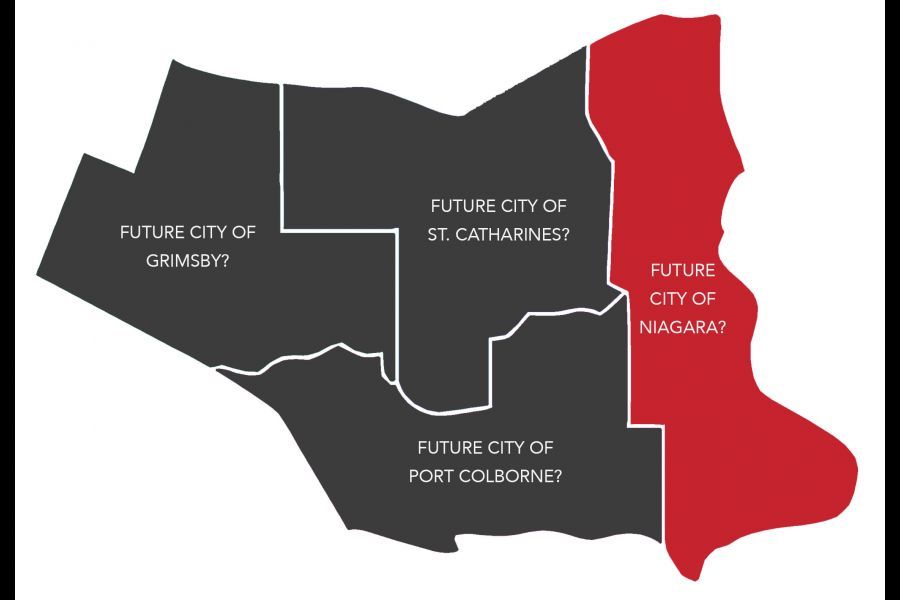The Ontario government caught almost everyone off-guard last week when Municipal Affairs Minister Steve Clark dropped some unexpected news: The Tories were NOT going to wipe out the regional system of government that was introduced in the 1970s.
Imposing a shotgun marriage by forcing small towns and cities across the province to amalgamate was rightly considered a bad idea.
That’s not to say regional government is a well-run, efficient option. It proves time and again to not be so.
However, as Clark admitted in announcing his government was abandoning the idea that once seemed to be a slam dunk, “every community is different – one size doesn’t fit all” when it comes to governance.
Of course, the fact that the Ford government would have to “wear it” if it tried to impose a new form of governance, probably also played a role in the decision.
Inevitably, the process would have been painful.
Unlike so many of Doug Ford’s previous bumper-sticker populist ideas (“Buck a Beer,” anyone), turning around the Titanic that is regional government likely would be a years-long exercise that may or may not have ended well.
It seems the Tories decided the latter and kudos to them for not pushing forward an agenda that while it sounded good (smaller government, fewer councillors, save money, “synergies and efficiencies”), a reality check showed that really might not be the case.
Lord Mayor Betty Disero and NOTL regional councillor Gary Zalepa have both mentioned ideas that perhaps could lead to altering how the Region of Niagara does things.
The lord mayor suggests improving how the town and region work together, for starters. And Zalepa talks about a streamlined planning process (less red tape) and at least discussing the size of councils and how services are delivered.
Those are good starting points and we hope Niagara Region’s many, many local elected officials see the merit in changing things. After all, when the provincial review was underway, they admitted there was substantial room for improvement.
We hope also that the region’s notoriously parochial municipal leaders can look beyond their personal interests (re-election, what about “my” municipality?) and try to institute changes that will be better for everyone.
It’s a tall order.











